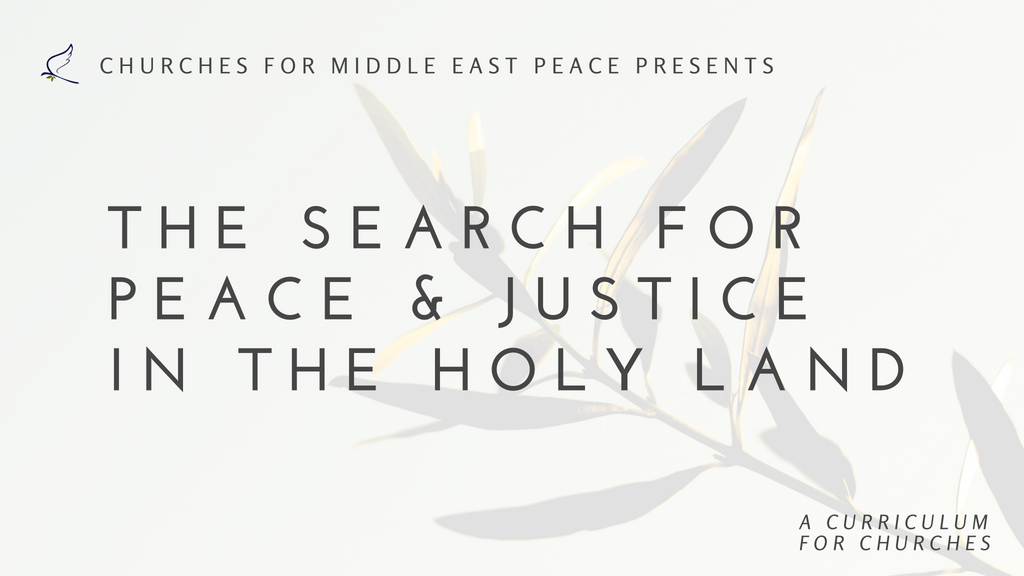| | House Passes Resolution Recognizing Armenian Genocide
A look at new resolutions, increased tensions in Gaza, and more news in this week’s bulletin.
Image: The Armenian genocide memorial complex in Yerevan, Armenia’s capital. (Rodolfo Contreras/Alamy) | | | | | | House passes resolution recognizing Armenian genocide
NY Times “The House voted overwhelmingly on Tuesday (October 29) to formally recognize the Armenian genocide and denounce it as a matter of American foreign policy, a symbolic vindication for the Armenian diaspora made possible by a new torrent of bipartisan furor at Turkey. The passage of the legislation, by a 405-to-11 vote, is the first time a chamber of Congress has officially designated the 1915 mass killings of an estimated 1.5 million Armenians at the hands of the Ottoman Empire as a genocide.”
Image: The Armenian genocide memorial complex in Yerevan, Armenia’s capital. (Rodolfo Contreras/Alamy) | | | | | | | | Senior Israeli Minister says Israel may have to go to war in Gaza after tense weekend
Haaretz “Israeli Energy Minister and security cabinet member Yuval Steinitz said on Sunday that in light of the uptick in tensions between Israel and Hamas along the border with the Gaza Strip, he believes that Israel will have to set out on a military campaign in the coastal enclave. ‘We hoped to reach an agreement before a large military operation, and as it seems right now, we may have to set out on a big army operation and only then reach an agreement,’ Steinitz said in an interview with Army Radio. ‘If there is no choice and we want to destroy the Hamas regime, it will have to be a ground operation, and this comes at a price,’ he added." Image: Iron Dome anti-missile system fires interception missiles as rockets are launched from Gaza towards Israel as seen from the city of Ashkelon, November 1, 2019. (Amir Cohen/Reuters) | | | | | | | | West Bank annexation bill filed for Ma’aleh Adumim, Jordan Valley
J-Post “In a new West Bank annexation Yamina Party head Ayelet Shaked filed a bill in the Knesset to apply sovereignty to settlements in the Jordan Valley, Ma’aleh Adumim and Gush Etzion. The annexation bill also includes Efrat and Betar Illit, which are part of the Etzion bloc but are not within the auspices of the Gush Etzion Regional Council. Sovereignty would also be applied to the Megilot Region of the Dead Sea. Shaked clarified that the application of sovereignty would be for the areas within the settlements and would not cover roads and archaeological and industrial parks in the regions of Judea and Samaria.” Image: Revava - An Orthodox Jewish Israeli settlement in the West Bank, located between Barkan and Karnei Shomron. Revava, Oct 23, 2018. (Hillel Maeir/TPS) | | | | | | | | | |  | Lead a small group with CMEP’s new curriculum!
Does the Palestinian-Israeli Conflict seem overwhelmingly complex at times? Our curriculum offers all the basics to become informed advocates for peace and justice. Get weekly readings, video presentations, and discussion guides. | | | | |  | CMEP in the News: This piece reports on the more than 100 national groups, religious scholars, and human rights activists who urged Congress to support religious freedom commission, including CMEP. | | | | |  | New Women behind the Wall Blog Live: This week: Episode 7: Helping Each Other Heal. We love to hear your thoughts. Please read and then comment with your prayers. | | | | | | | | Donate Please consider CMEP in your estate planning. Contact info@cmep.org for further information. | | | | | | | | | | How Syria’s last rebels are being destroyed in Turkey’s operation - analysis
J-Post “Turkey launched an offensive into northeast Syria on October 9, giving different reasons to different audiences for why it had to attack a peaceful area of the embattled country. To the US, it claimed it had ‘security concerns’ because of the presence of Kurdish forces, which it claimed were ‘terrorists.’ To the UN, it said it was going to resettle millions of refugees. It also claimed it would return the area to its ‘true owners,’ by which it meant Arabs. A mix of religious extremism, nationalism and the fog of war have underpinned Turkey’s strategy. Very few Turkish soldiers appear to have participated in the operation, with Ankara opting instead to use Syrian rebel forces, whom it shoehorned into the Syrian National Army, to do the heavy lifting.” Image: Turkey-backed Syrian rebel fighter gestures to the camera at the border town of Tel Abyad, Syria, Monday. (Khalil Ashawi/Reuters) | | | | | | | | Patriarchs press for preservation of Christian presence in Middle East
AINA “Syrian-born Catholic and Orthodox patriarchs pressed the need to preserve the Christian presence in the Middle East during a meeting with Russian President Vladimir Putin and Hungarian Prime Minister Viktor Orban. The patriarchs - Syriac Catholic Patriarch Ignace Joseph III Younan, Melkite Patriarch Joseph Absi, Syriac Orthodox Patriarch Ignatius Aphrem II and Greek Orthodox Patriarch John X of Antioch - met with Peter Szijarto, Hungary's foreign minister, in addition to Putin and Orban during their official visit to the Hungarian capital Oct. 29-30. In a speech to Szijarto, Patriarch Absi said the exodus of Christians from the Palestinian Territories, Lebanon, Iraq, and most recently Syria, has become ‘an alarming issue’ for Christian leaders. ‘The failure of different groups to live together in harmony in Middle Eastern countries is a threat to convivial relations between different groups all over the world,’ he said. ‘Failure to help the Middle-East to remain an oasis for different religions to live peacefully together will set a dangerous historical precedent,’ Absi warned.” Image: Assyrian International News Agency logo | | | | | | | | Saudi-backed Yemeni government, separatists sign power-sharing deal
WSJ “The Saudi-backed Yemeni government signed a power-sharing deal with a local group seeking a separate state in the south, an agreement designed to keep the country from fracturing and pave the way for broader talks to end its five-year-old war, people familiar with the talks said. The Yemeni faction, called the Southern Transitional Council, fights alongside government forces in a U.S.-backed international coalition led by Saudi Arabia against the Iran-aligned Houthi rebels in the country’s north. But it is also seeking a separate state in the south. Their rival agendas for Yemen triggered a major fight for control in August, when the STC launched a military assault against the Saudi-backed government in its interim capital, Aden. The two sides signed the agreement Thursday night in Riyadh after the warring factions worked out a pact that will be overseen by Saudi forces, the people said.” Image: A billboard shows supporters of Yemen’s southern separatists during a rally in September. (Fawaz Salman /Reuters) | | | | | | | | CMEP's Bulletin is a weekly round-up of news from the Middle East and represents an array of perspectives on the issues we cover. CMEP does not necessarily agree with all the views expressed in the articles, and they do not speak on CMEP's behalf. | | | | Churches for Middle East Peace (CMEP)
110 Maryland Ave NE, Suite 311 | Washington, District of Columbia 20002
(202) 543-1222 | info@cmep.org | | | | | | | | | |